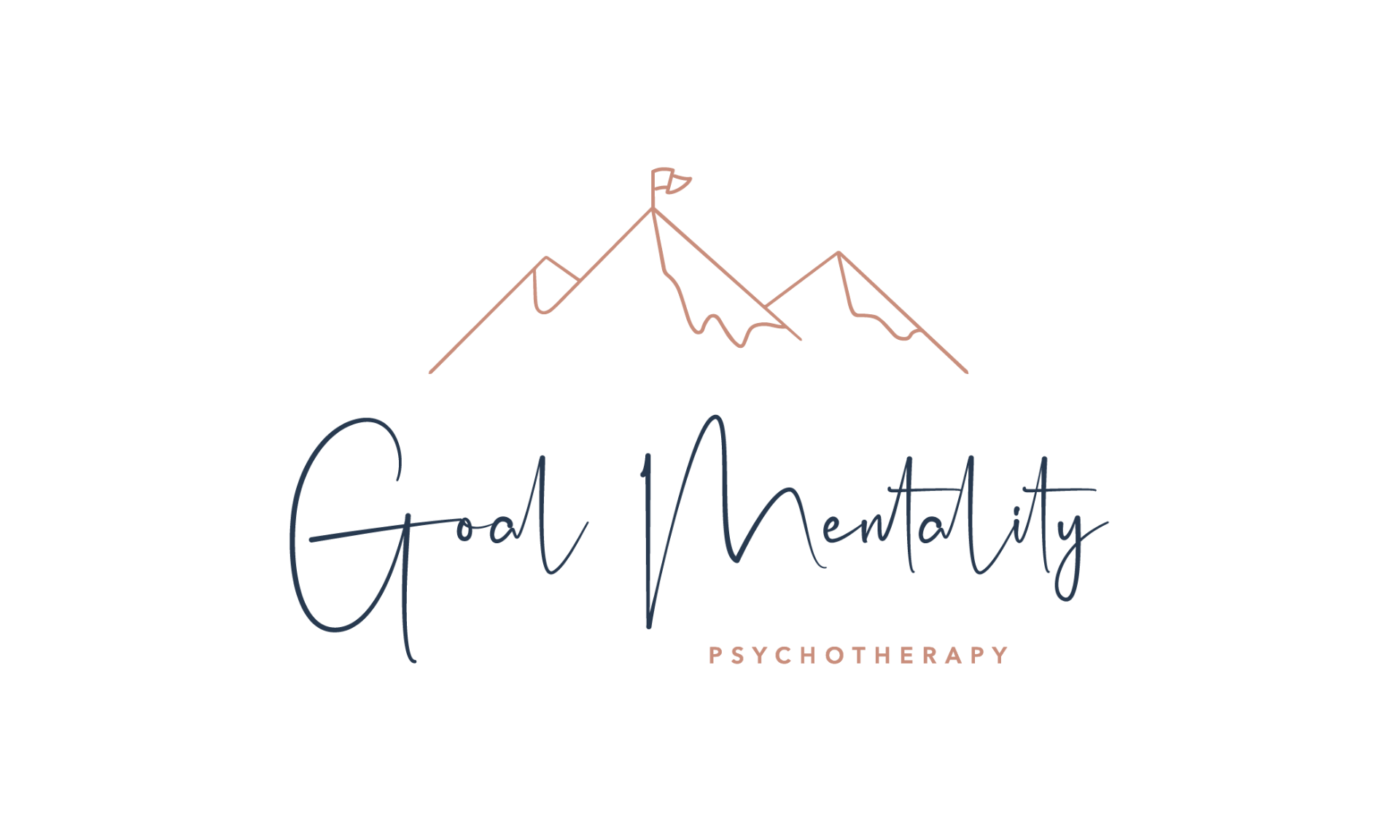Is this sadness or depression?

Have you wonder if you are depressed or maybe “just a little down”? Depressive episodes have risen in prevalence with increasing social turmoil of the past few years. Depression impacts millions of Americans yet there is still often a misunderstanding of what constitutes a Major Depressive Disorder. The English language possesses many terms for this unfortunate commonality. Sad, down, blue, “out of sorts,” depression. Although sometimes these terms can be used interchangeably, they can often have very different connotations.
Major Depressive Disorder is a clinical diagnosis defined within the DSM-5-TR (manual utilized by mental health professionals to provide a standardized definition of diagnoses). Symptoms can include a depressed mood, decreased interest in previously enjoyable activities, significant weight change, alterations in sleep quantity, loss of energy, feelings of worthlessness, diminished ability to concentrate or make decisions and unfortunately sometimes thoughts of death and dying.
Have you experienced at least five of these things for two weeks consecutively? Think about whether these symptoms have interfered in your social life, with family, at work or school. If you answered yes to these questions, then you may want to consider engaging with a mental health professional to determine if a Major Depressive Disorder is impacting your quality of life.
Getting the right help.
The search for a mental health provider can be an intimidating and confusing endeavor. If you are interested or considering utilizing a medication to manage the aforementioned symptoms then you may want to consider seeking psychiatric care. Psychiatrists are medical physicians who possess the expertise to safely prescribe and monitor medications such as antidepressants. These individuals will have an MD or DO following their names and will be able to rule out potential medical causes of depression.
There remains a significant amount of misinformation surrounding medications for mental health. A psychiatrist will be able to have an open dialogue regarding the mechanism of action, as well as the risks and potential benefits of medication initiation so that you are able to make the most informed decision regarding your mental health care. Perhaps the concept of utilizing medication to impact your mood is alarming to you. As a psychiatrist, I take my time to ease all your concerns and dispel myths during our initial evaluation.
What if I don’t need or want medication?
You may be interested in psychotherapy. Talking to someone about your struggles is the key to feel understood, seen, and supported through the hardest time of your life. Many providers are capable of providing these services including psychologists (individuals possessing a doctorate in psychology – PsyD or PhD may follow their name) or licensed clinical social workers.
If you are interested in seeking further evaluation and care regarding depression or other mental health symptoms consider asking your trusted primary care provider for a referral to a psychiatrist or a therapist. There are amazing options locally for in person care and also across your state via online appointments. Whatever the path, it always starts with taking that first step.

